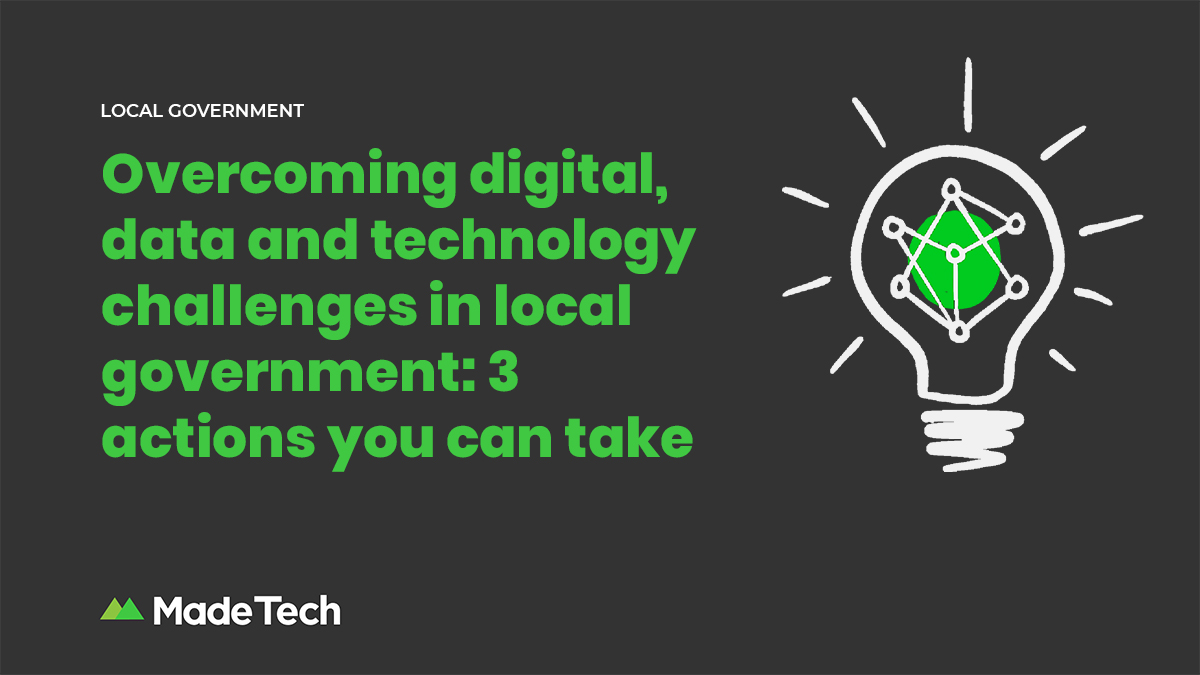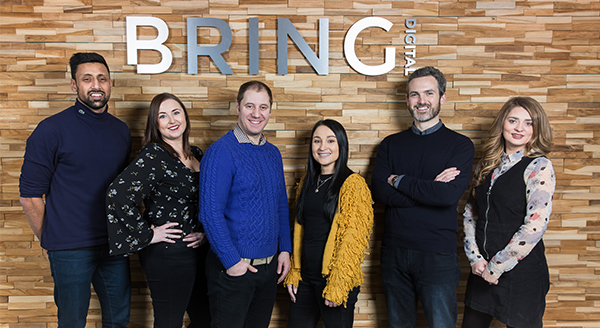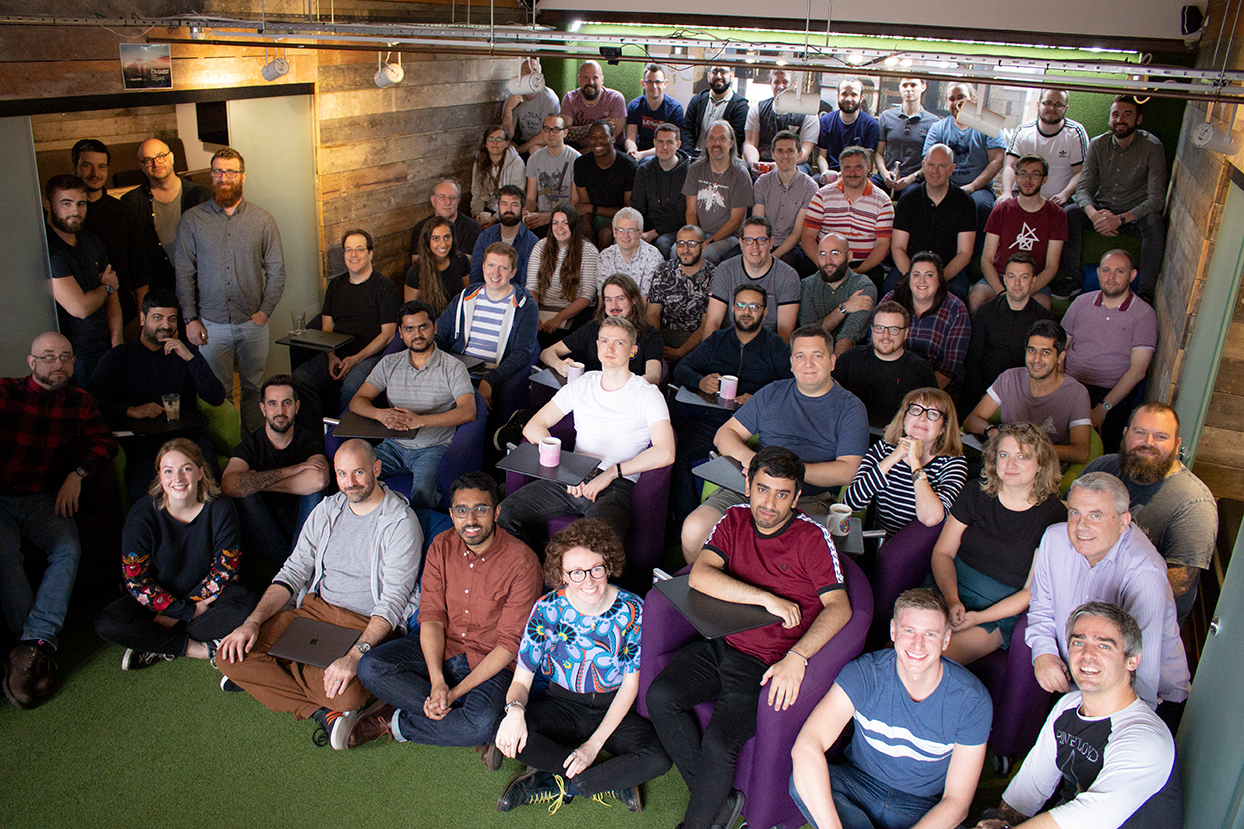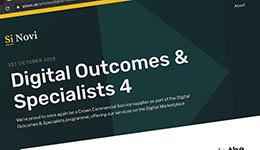
For local government organisations looking to level up and digitally evolve, it can often feel like there are two opposing forces at play: the ever-changing needs of service users, and the lack of financial resources to make decisive, impactful change.
As we saw in my first article in this series, this inherent contradiction is not only endemic and upheld by services built on a foundation of legacy technology, but it also translates into a direct impact on the users, who need these services the most.
But there is a way forward. In this post, I’ll take a look at three ways local governments can start to address these challenges and start embedding the process of digital evolution in their organisations.
Evolving legacy technology is about outcomes, not outputs
Legacy technology is one of the main reasons that public sector organisations are struggling to evolve digitally, and ultimately deliver great services. While in the private sector organisations have the budget and flexibility to be able to replace their tech at pace, this ‘big bang’ approach just isn’t realistic for councils.
With dwindling budgets, cumbersome tech contracts and many users reliant on services being functional around the clock, local government must instead focus on delivering outcomes rather than outputs. Rather than focus on a one-time tech transformation, it’s better to think of it as a continuing process that will iteratively drive better outcomes for service users. Essentially, it’s digital evolution.
Moving to the cloud and becoming cloud-native is the end goal of this process. However to achieve this, local authorities must first embed agile practices, assess their maturity for cloud migration, and begin replatforming legacy tech using modern standards to maximise value and functionality as quickly as possible.
Unlocking data starts with internal data infrastructure
In the wake of Covid-19, local government organisations have a huge opportunity to supercharge their services by harnessing the power of their data. Already, huge strides have been made — so stay tuned for the next post where I discuss this open data opportunity in more detail.
Over the course of the pandemic, one thing that has become increasingly clear is that when councils are able to leverage user data, they can make better services that respond to the needs of those users. However, with so many internal and external silos as a result of proprietary platforms, in order to unlock the power of this data and improve their services councils first need data standardisation across all sources.
Whether local authorities are pulling information from external or internal sources, the data must be universal, standardised, and accessible so that services can make the decisions that best reflect the needs of their people.
To start this change process from within, local authorities can take a look at their own data infrastructure as part of their modernisation process, and understand ways to develop interoperability between different platforms, systems and data sources inside of the organisation. This will allow them to work more efficiently and derive more value with the data they already have at their fingertips.
A great example of this in action is how Made Tech helped Hackney Council navigate this process when we worked with them to modernise their legacy housing data. Making recommendations for their data infrastructure, we helped them understand the platforms they could use, and provided a strategy for data migration.
Embedding digital skills needs to be supported by self-sufficiency
Often, the tech side of things takes centre stage when we’re talking about digital evolution. But better tech cannot be effective in isolation — it requires people to use, maintain, and evolve processes and platforms. And to do that, people — the millions who staff local government organisations up and down the country — need knowledge.
We’ve all heard the adage of teaching a man to fish, rather than giving him a fish — the same principle applies here. In order for local government organisations to become truly digital, they need to be equipped with not only the knowledge and digital skills to use new systems, but also to be supported in developing self-sufficiency. This will embed new ways of working and processes that will empower and motivate local government teams to share knowledge, solve problems, and continue evolving.
Encouraging self-sufficiency is a cultural change, and cultural changes don’t happen overnight. When we worked with the Ministry of Justice, we supported one of their teams to build modern software capabilities over a six month period. To help the team achieve this goal, we mapped their capabilities and skills and suggested new processes and structures, while providing support and hands-on coaching to help them develop long-term modern digital skills.









